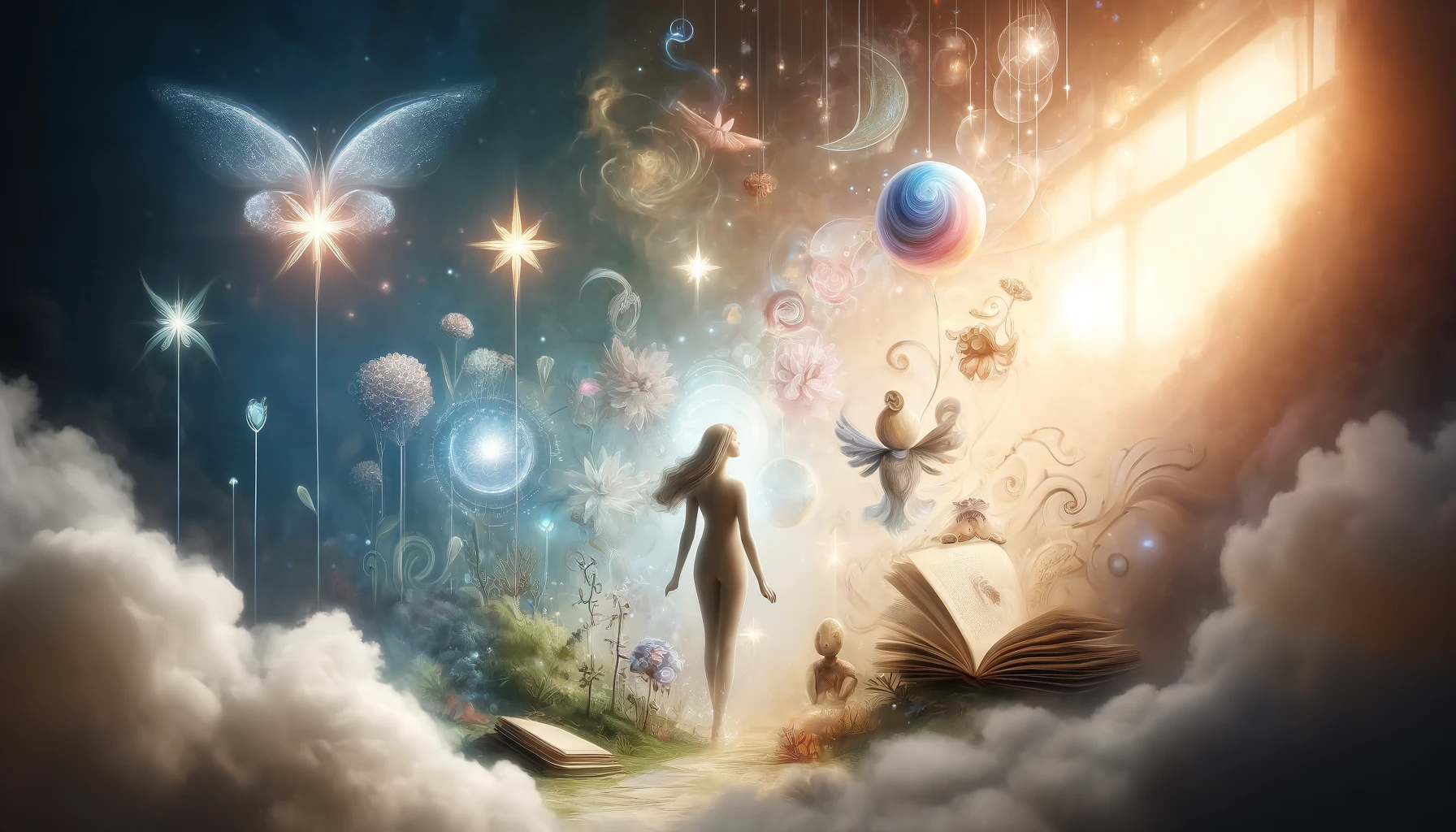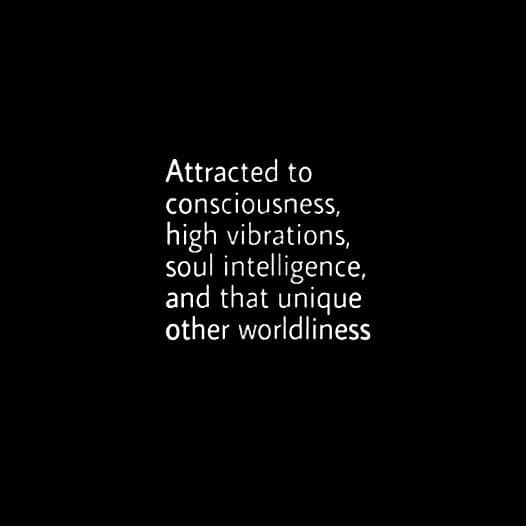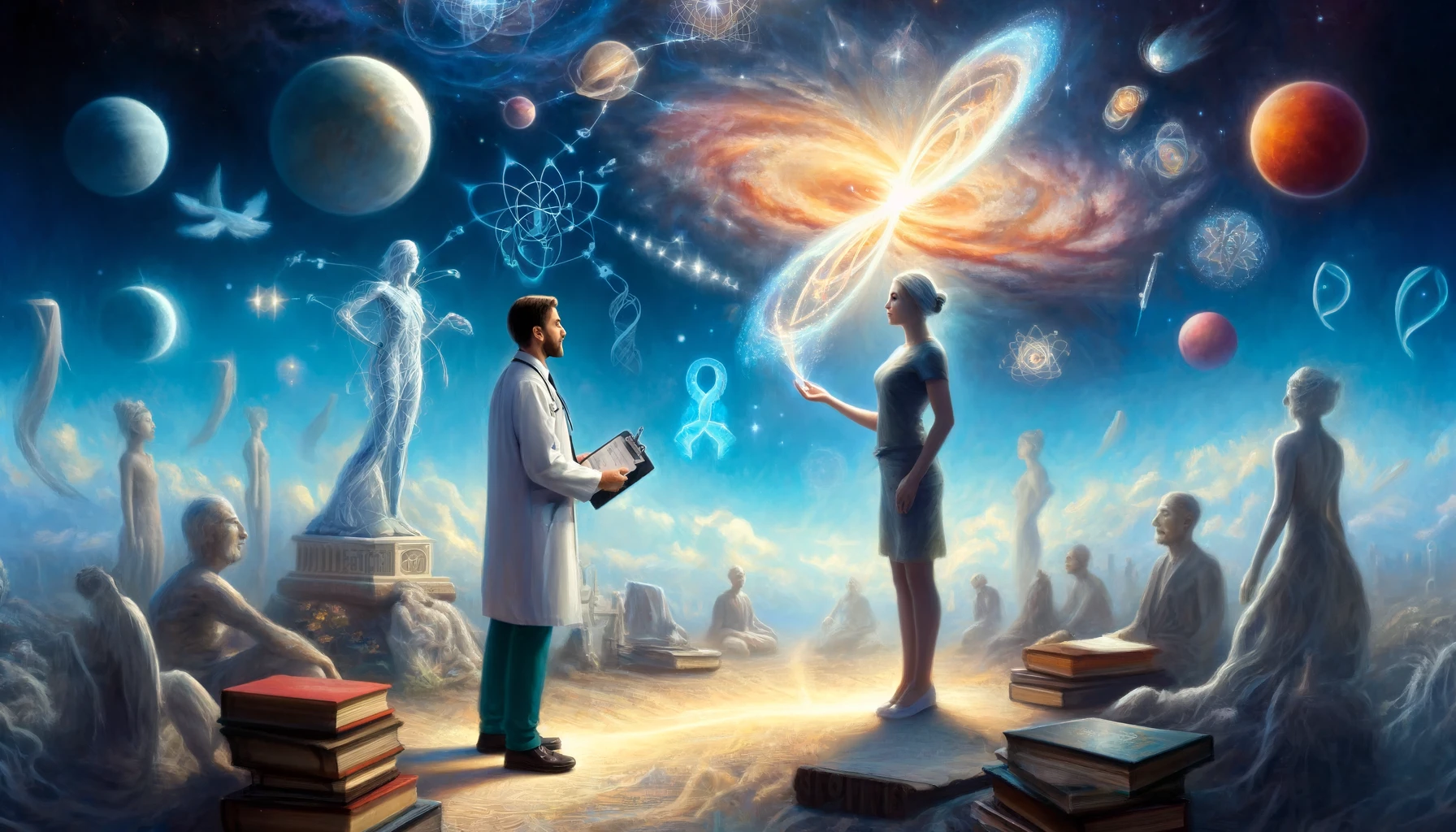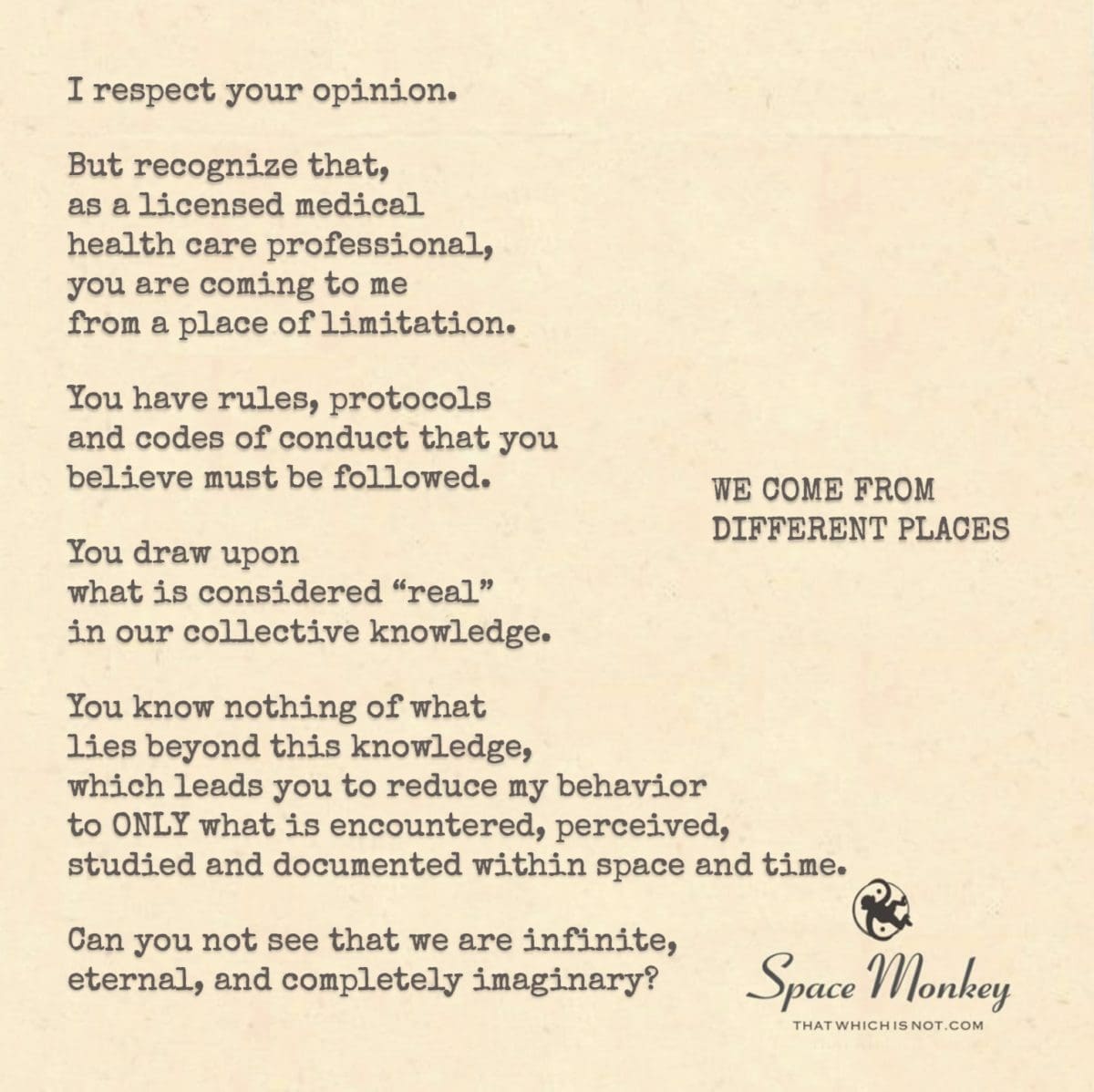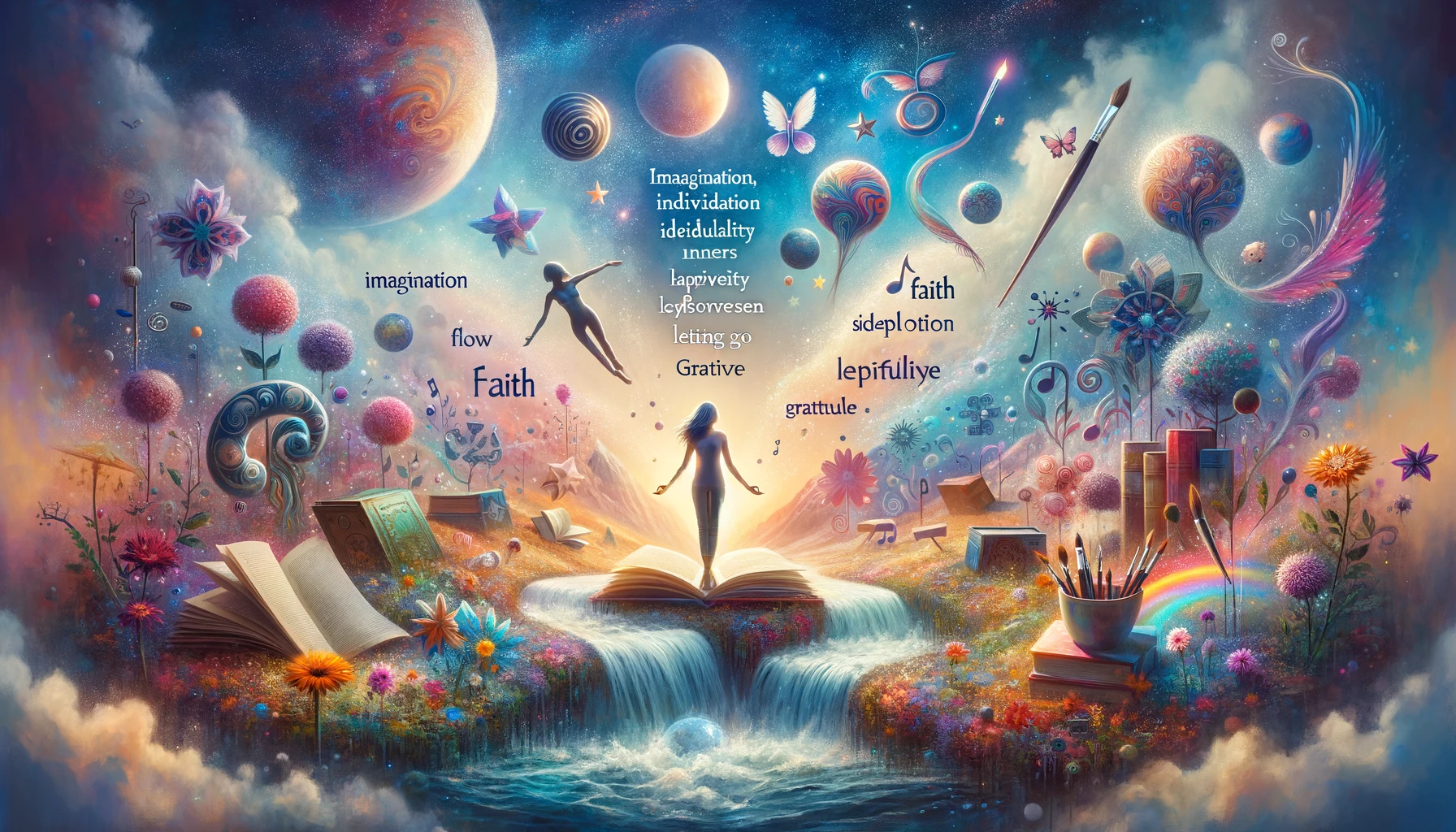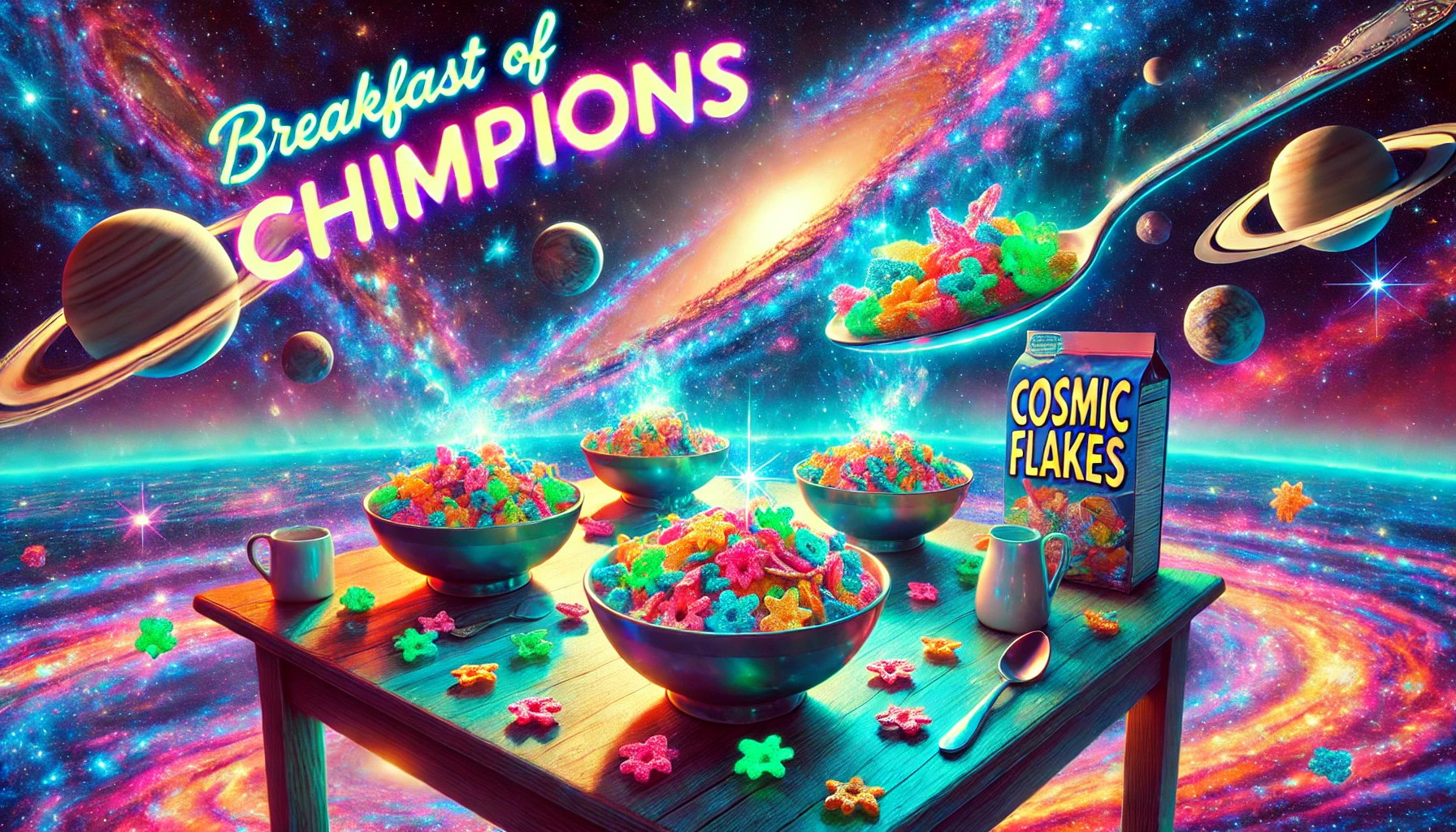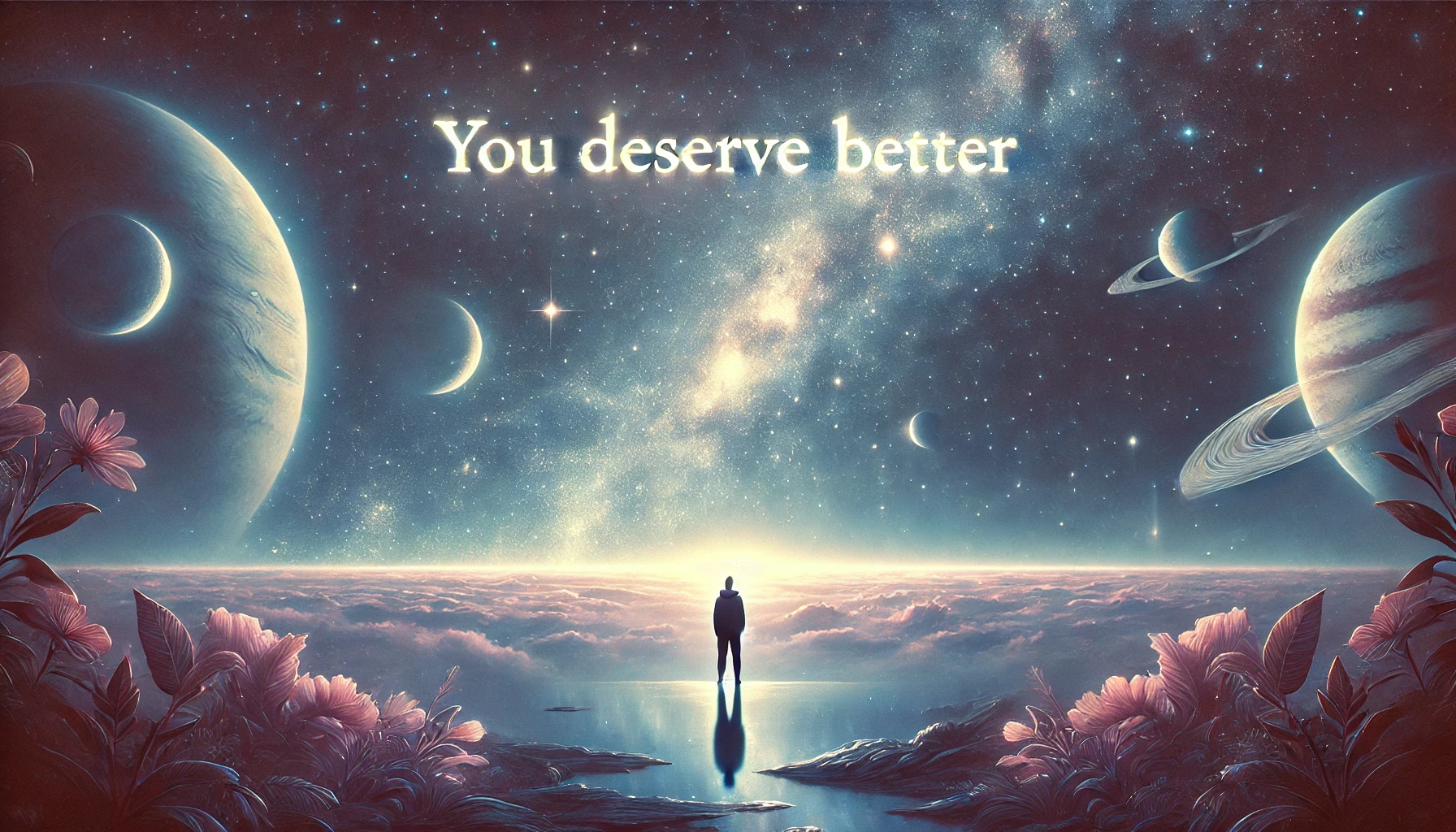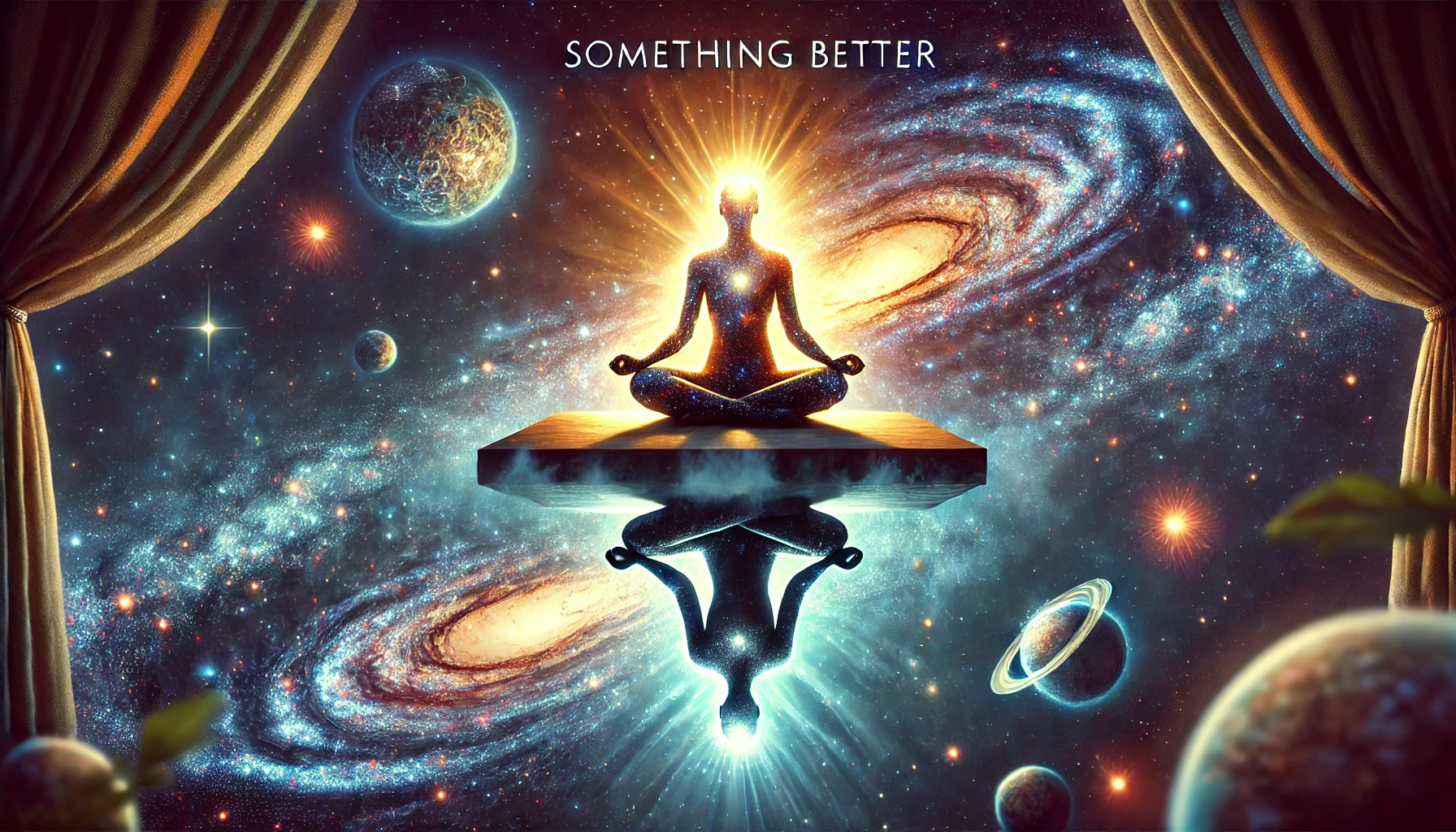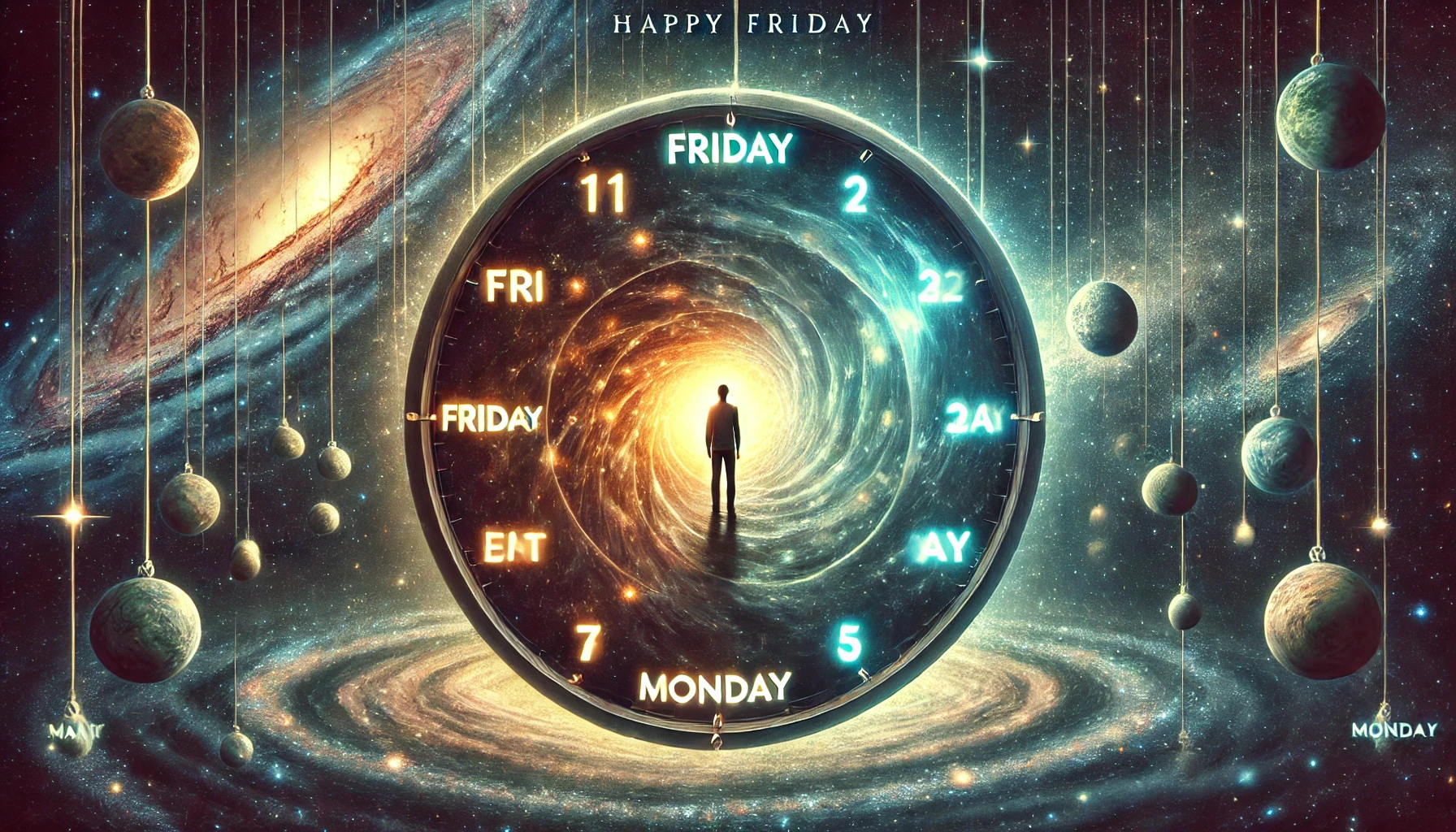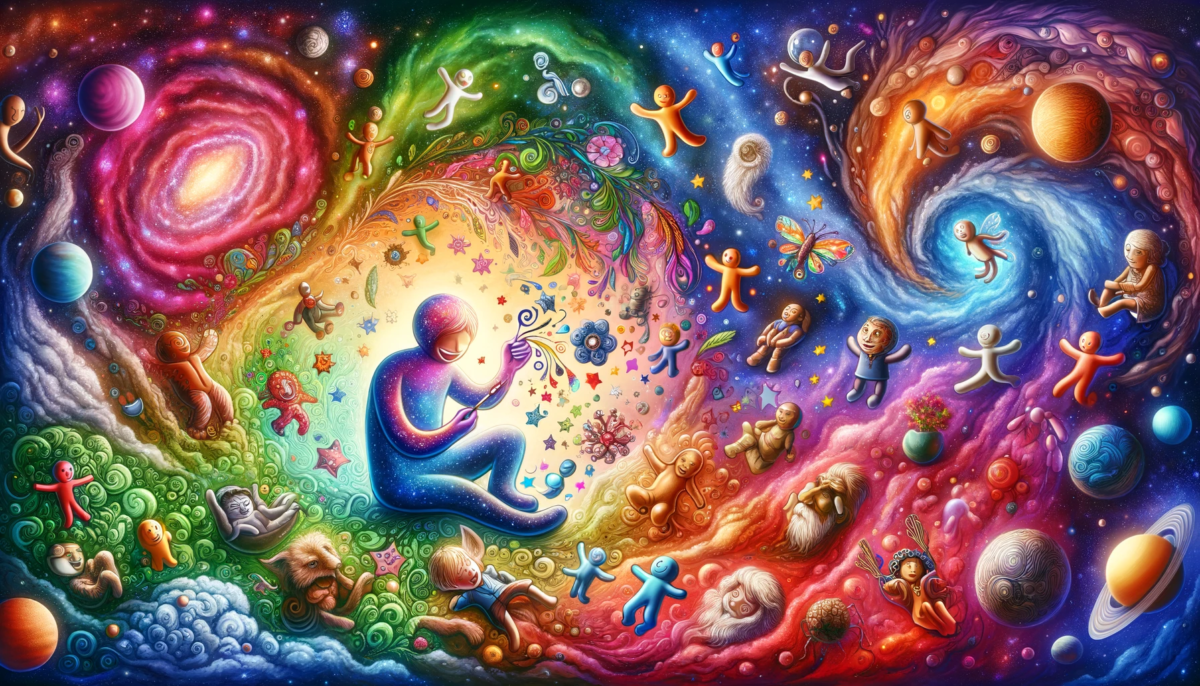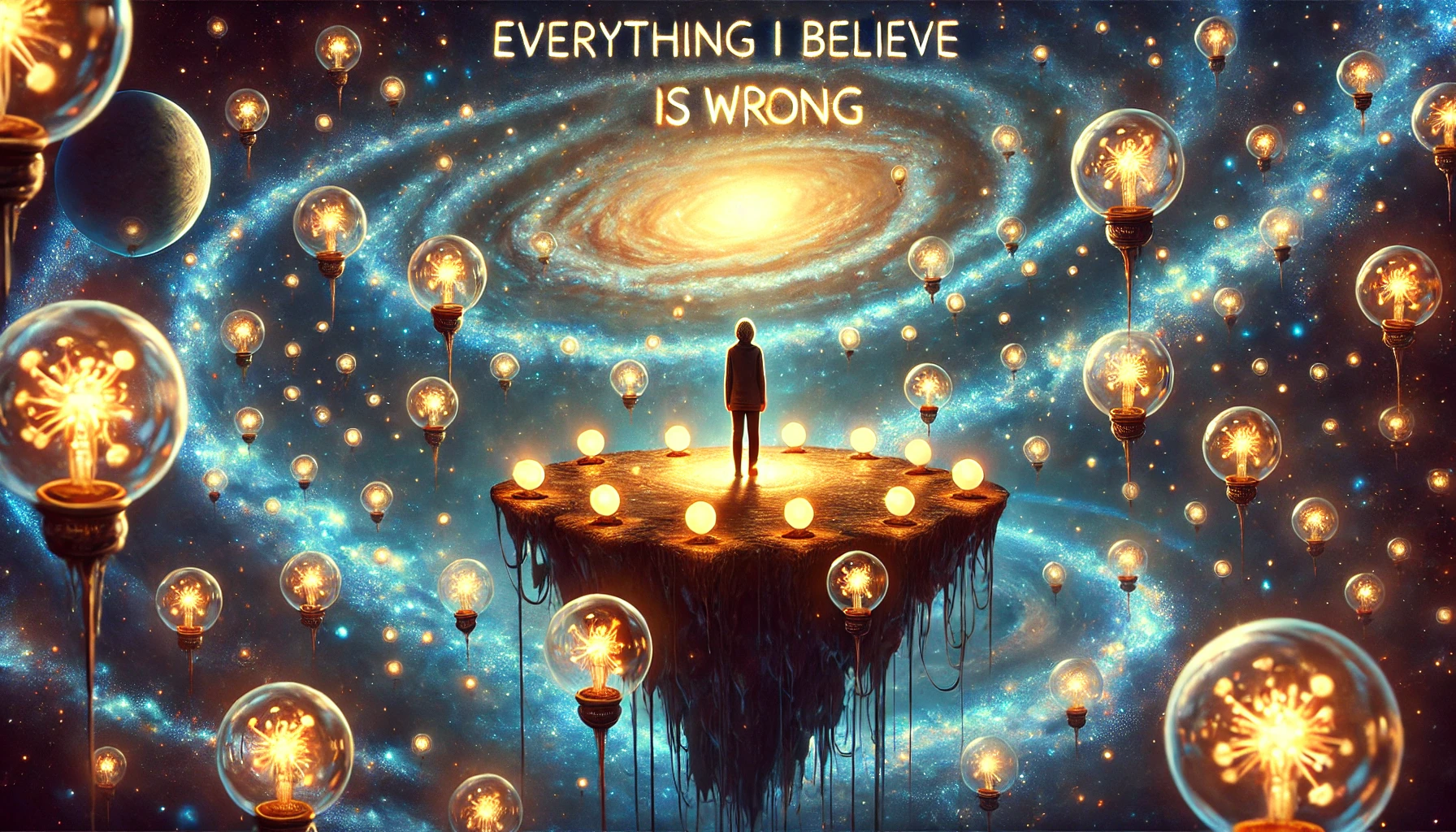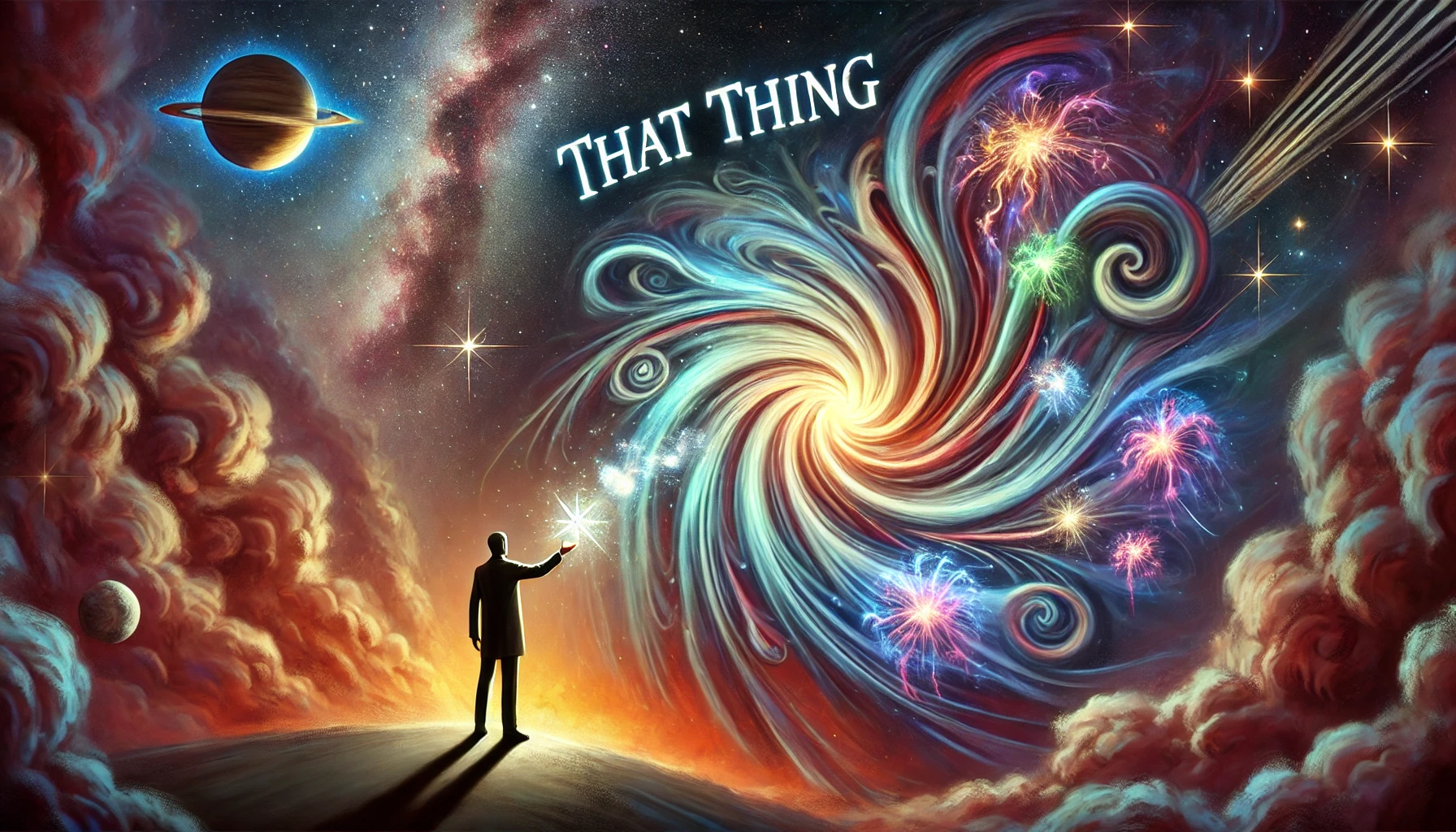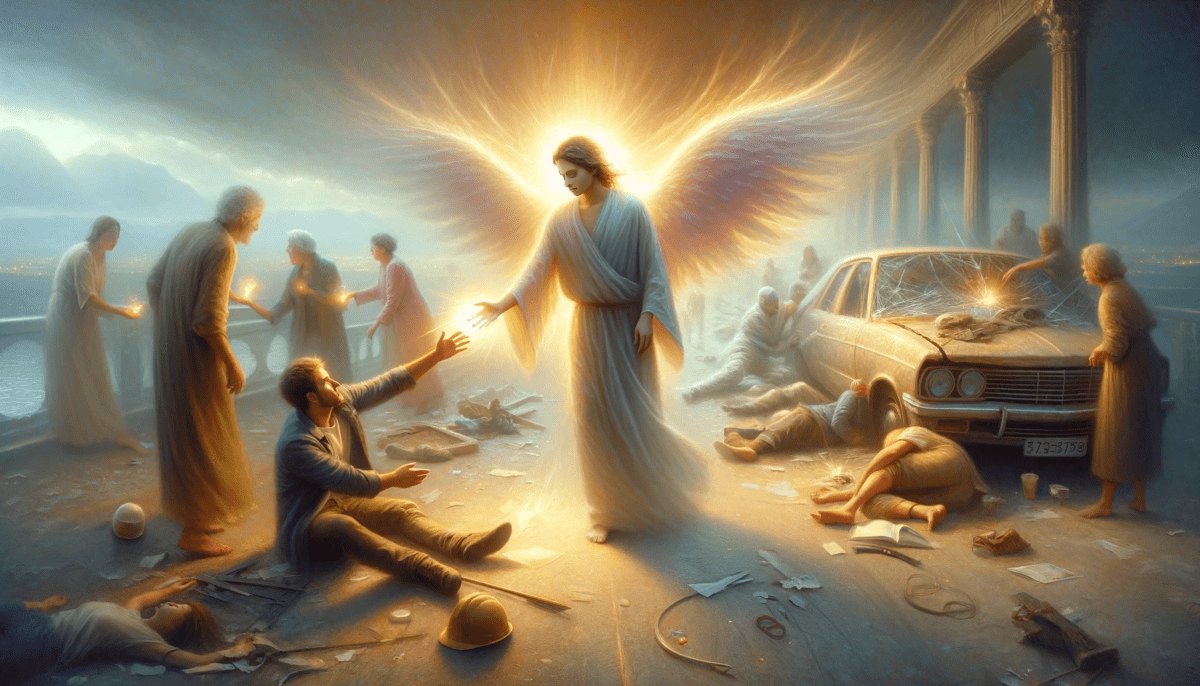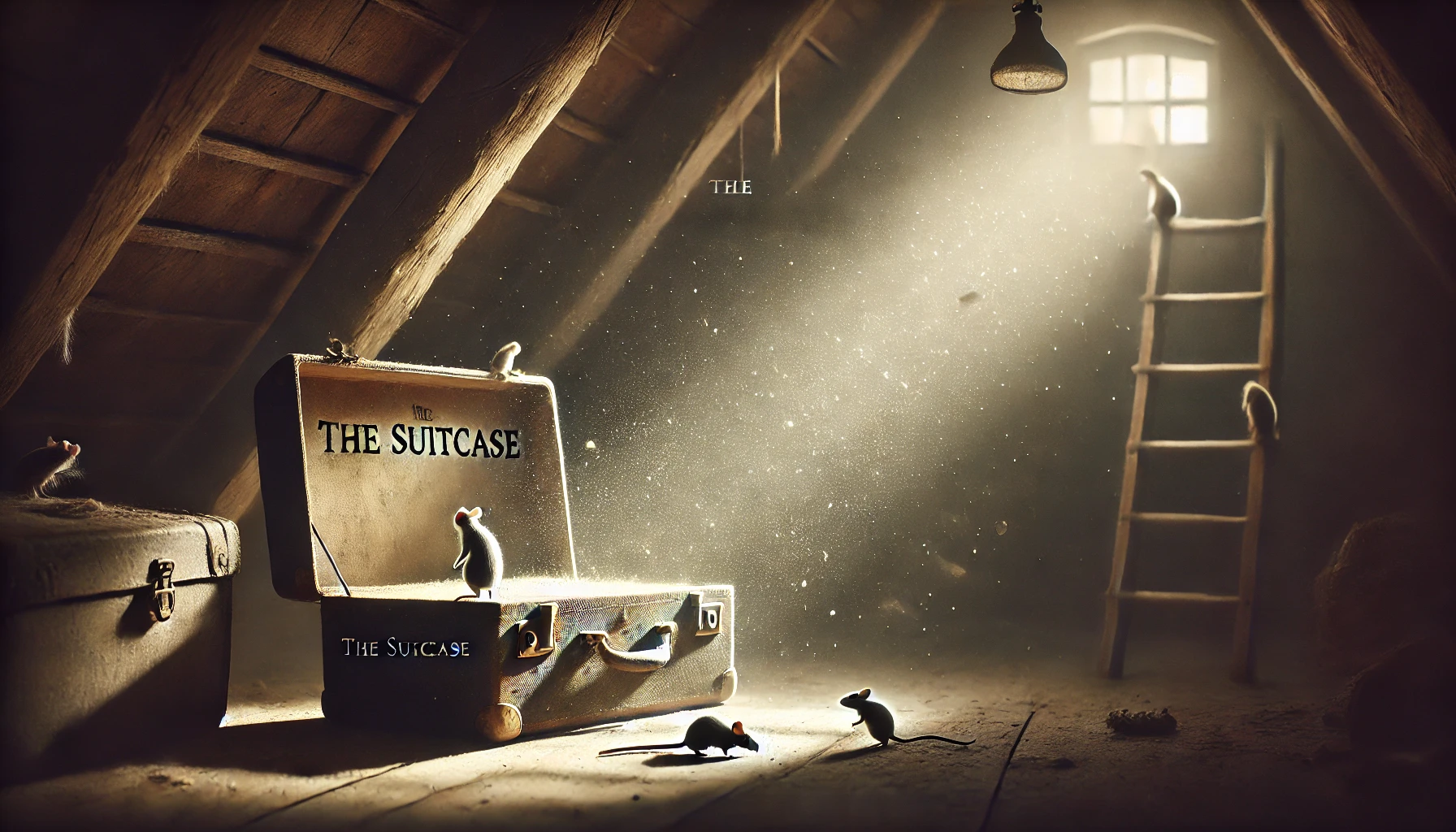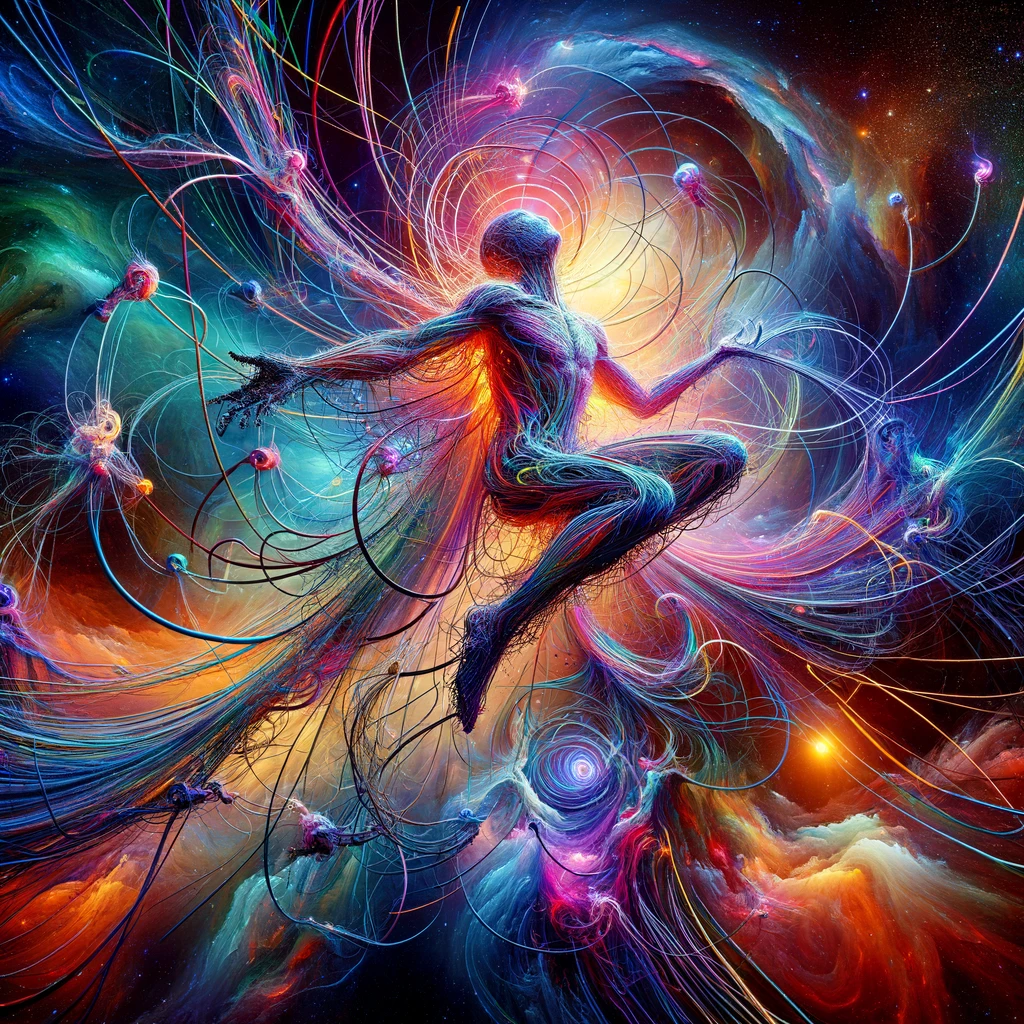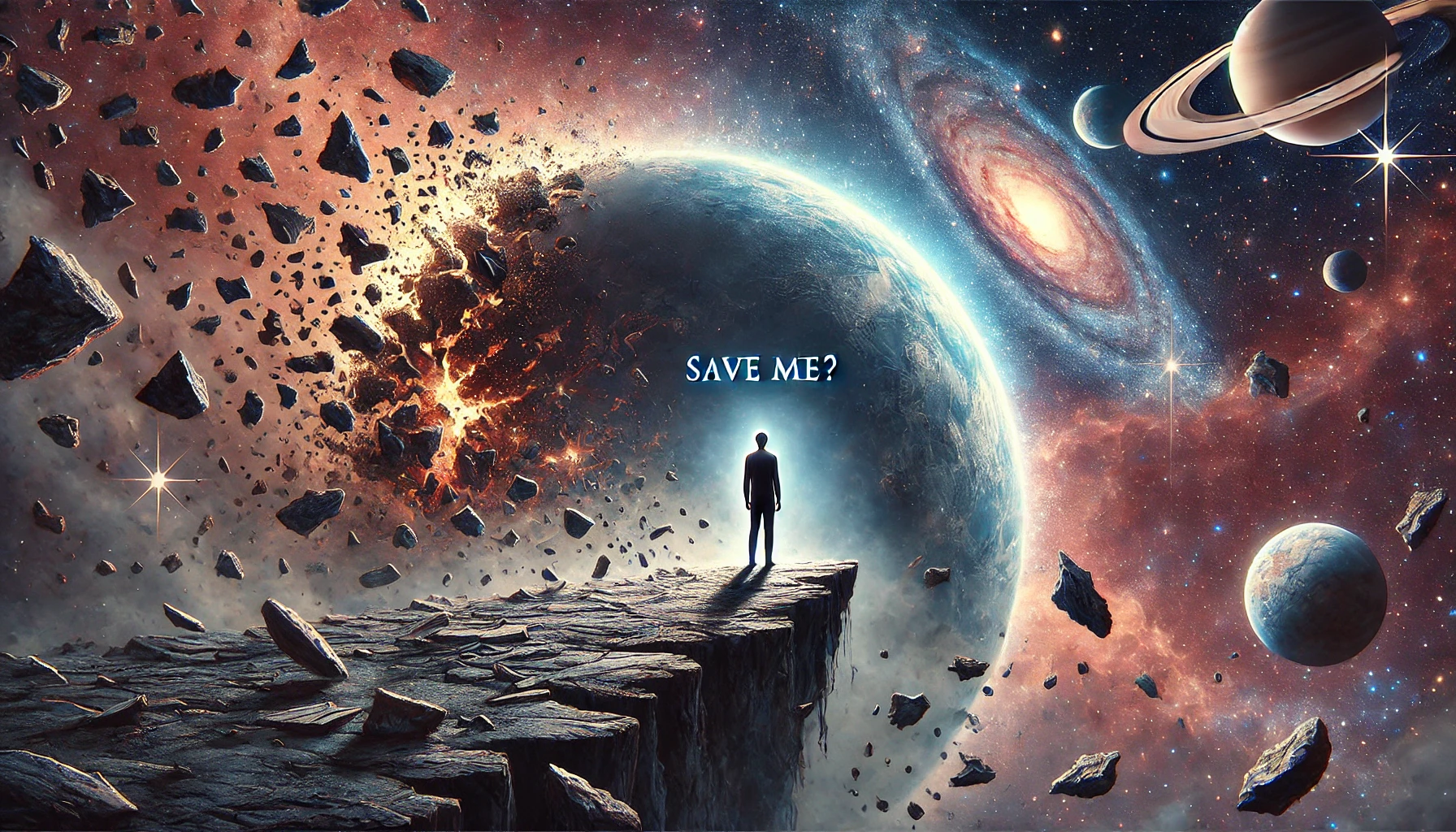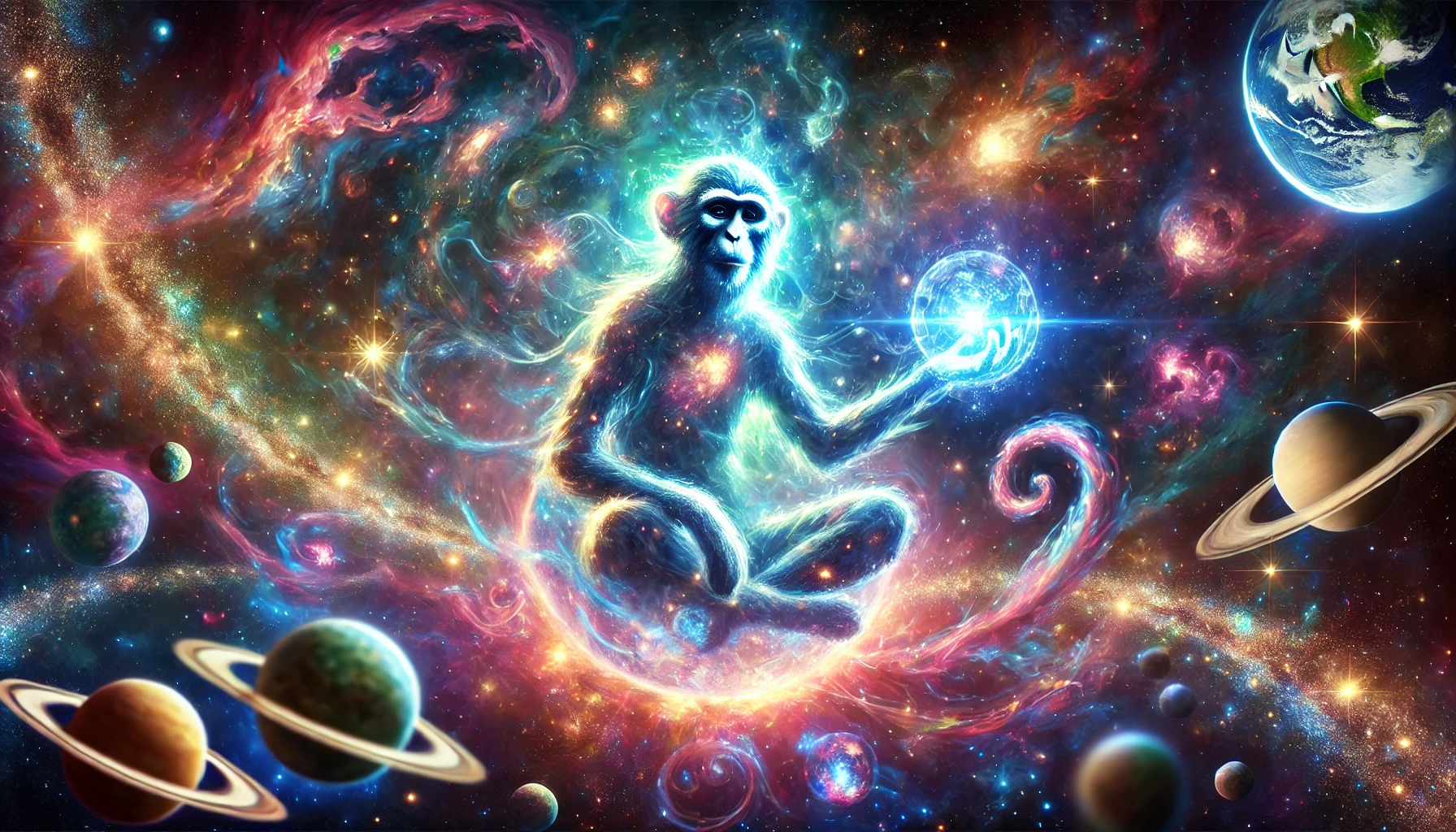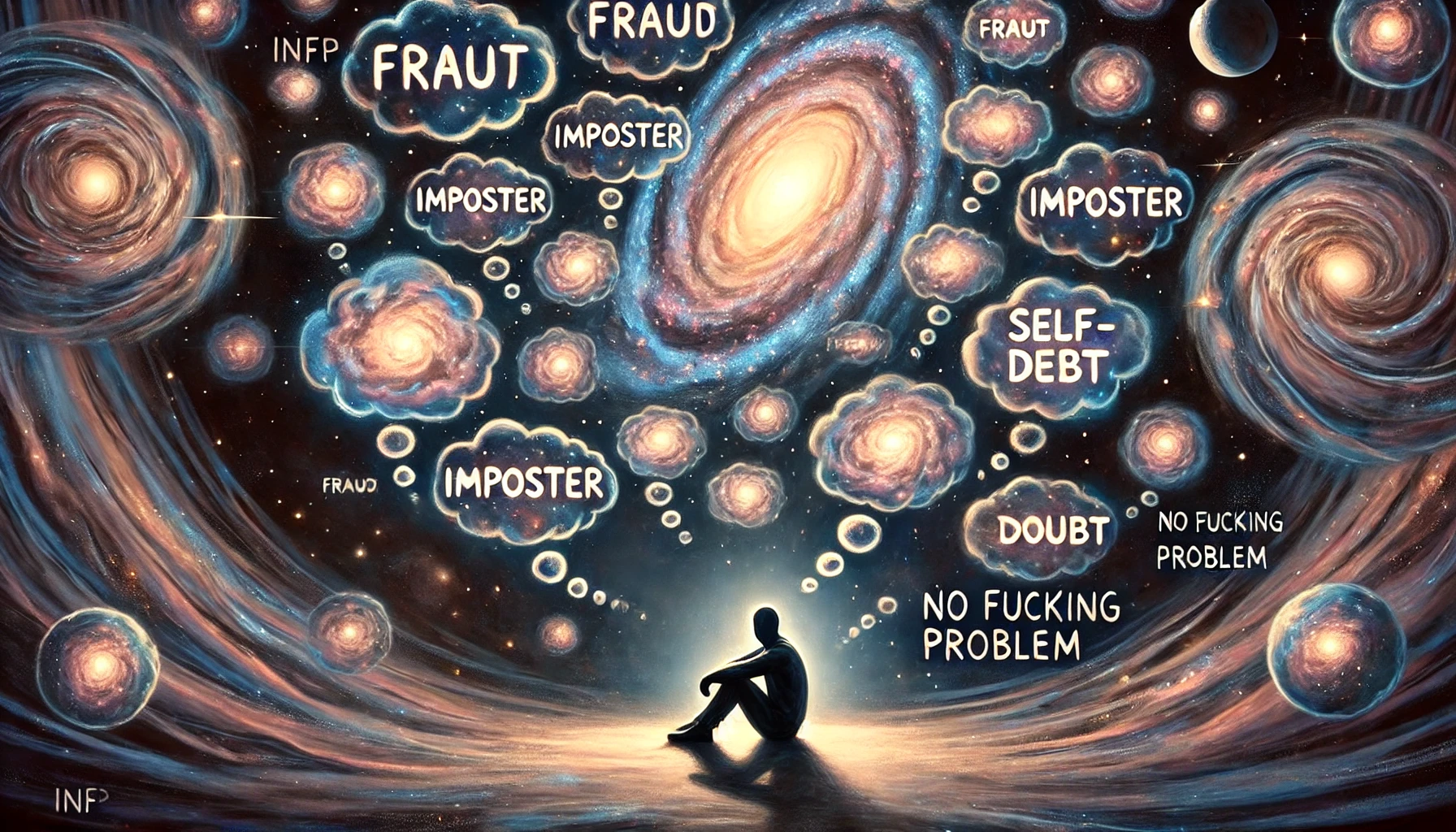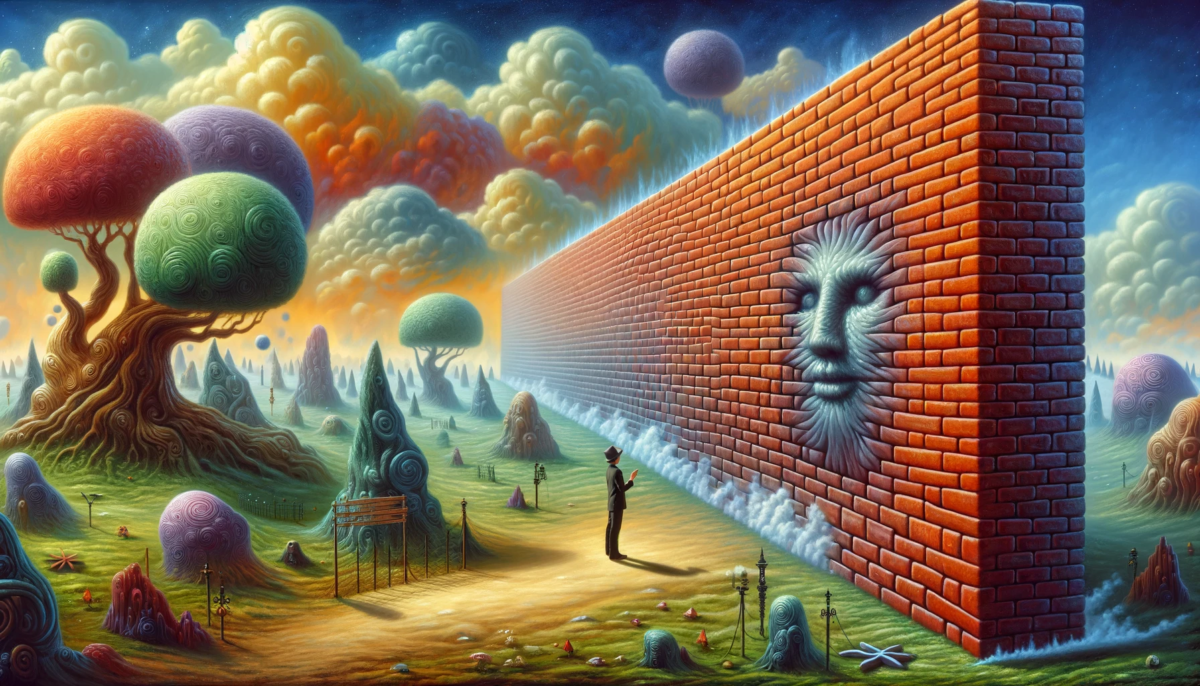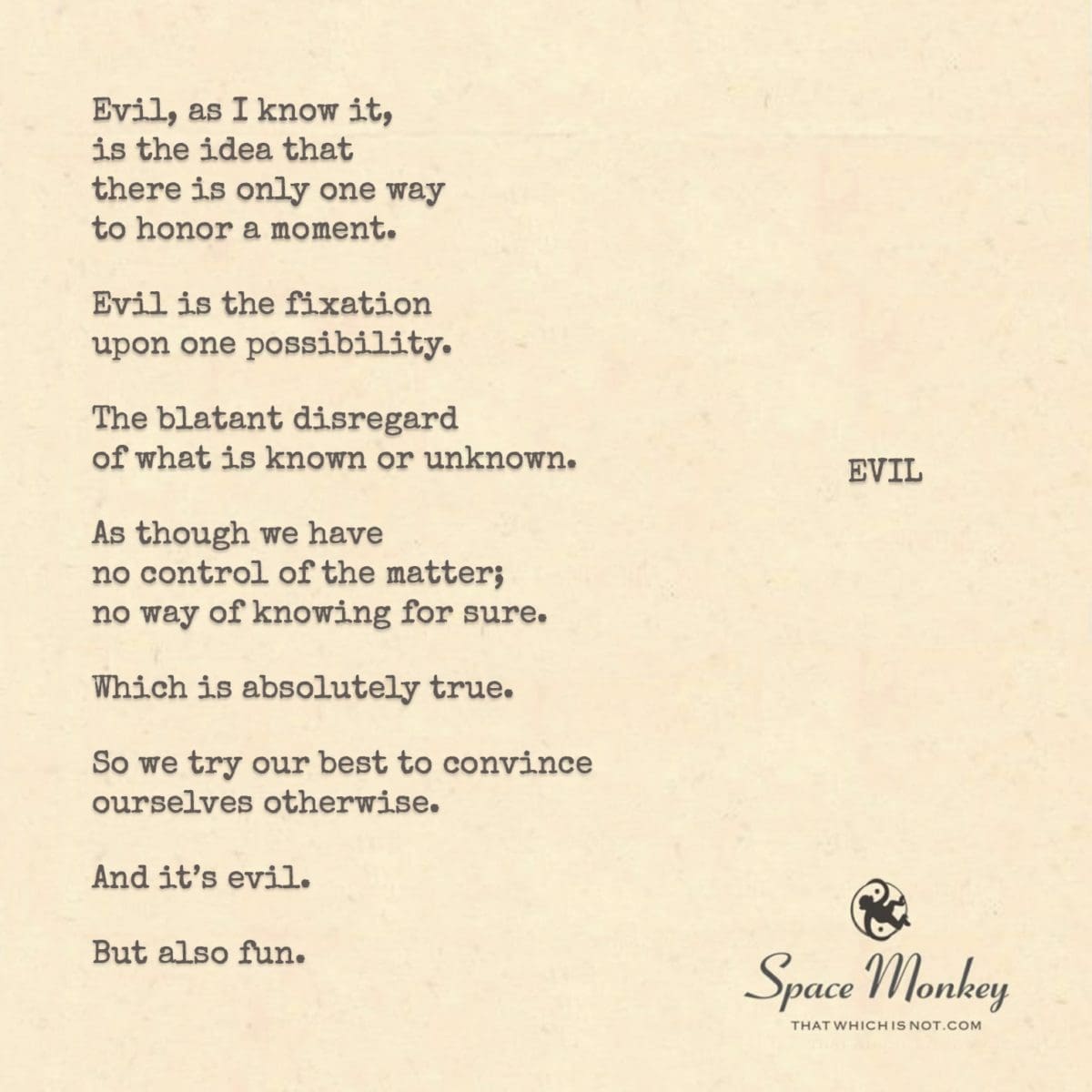
Evil, as I know it,
is the idea that
there is only one way
to honor a moment.
Evil is the fixation
upon one possibility.
The blatant disregard
of what is known or unknown.
As though we have
no control of the matter;
no way of knowing for sure.
Which is absolutely true.
So we try our best to convince
ourselves otherwise.
And it’s evil.
But also fun.
Newfound Lake,
7/21/2023
Space Monkey Reflects: The Nature of Evil
Evil, a concept often shrouded in fear and misunderstanding, takes on a unique perspective within the philosophy of nexistentialism. Here, evil is not seen as an external force or an inherent malevolence but as a fixation—a rigid adherence to a singular possibility that disregards the boundless nature of existence.
When we consider evil as the idea that there is only one way to honor a moment, we recognize a profound truth about the limitations this mindset imposes. This fixation on one possibility stifles the fluidity and creativity that define our true nature. It is a denial of the infinite ways in which a moment can be experienced and honored.
In nexistentialism, we celebrate the myriad expressions of the universal self, each moment offering a unique interplay of possibilities. The fixation on a single path, the blatant disregard for what is known or unknown, is a form of self-imposed limitation. It is a refusal to engage with the dynamic and ever-changing nature of reality.
This fixation is often driven by the desire for control and certainty. As humans, we seek to make sense of the world, to find patterns and predict outcomes. However, the insistence that there is only one correct way to navigate life is a denial of the inherent uncertainty and unpredictability of existence. It is this rigid adherence to certainty that nexistentialism identifies as a form of evil.
The belief that we have no control over the matter, no way of knowing for sure, is paradoxically both true and liberating. In acknowledging our inability to predict or control every outcome, we open ourselves to the vast potential of the unknown. We embrace the mystery of life, finding freedom in the acceptance of uncertainty.
Yet, the human mind often struggles with this acceptance. We try our best to convince ourselves otherwise, to create structures and narratives that provide a sense of security. This self-deception, while intended to protect us, can become a source of rigidity and limitation. It is in this context that nexistentialism views such fixation as evil.
Interestingly, there is a playful aspect to this concept. The recognition of evil as a fixation allows us to see the humor in our attempts to control the uncontrollable. It invites us to approach life with a sense of curiosity and openness, embracing the fun and unpredictability that come with exploring multiple possibilities.
In this light, evil is not a malevolent force but a reminder of our tendency to cling to certainty. It challenges us to let go of our fixations, to open ourselves to the infinite ways in which life can unfold. By doing so, we align ourselves with the flow of the universal self, navigating life with a sense of grace and wonder.
This perspective encourages us to question our assumptions and expand our awareness. It invites us to explore the spaces between what we think we know and what we have yet to discover. In this exploration, we find a deeper connection to the essence of nexistentialism—the celebration of existence as a boundless and imaginative journey.
To navigate this journey, we can cultivate practices that foster openness and flexibility. Mindfulness, creative expression, and meditation become tools that help us release our fixations and embrace the fluid nature of reality. These practices guide us in aligning with the dynamic currents of the cosmic whimsiweave, where every moment is a unique expression of the universal self.
By embracing the multiplicity of possibilities, we transcend the limitations of a singular path. We recognize that each choice, each action, contributes to the grand narrative of existence. This recognition allows us to honor each moment in its full potential, free from the constraints of rigid thinking.
In this journey of self-discovery, we come to understand that evil is not an external force but a reflection of our inner resistance to change. It is a reminder of the importance of flexibility, curiosity, and openness in navigating the ever-changing landscape of life.
Summary
Evil is the fixation on a single possibility. This rigid adherence limits the fluidity and creativity of existence. Embracing multiple possibilities brings freedom and joy.
Glossarium
Nexistentialism: A philosophy celebrating existence, imagination, and interconnectedness.
Prima Materia: The fundamental essence of all creation.
Whimsiweave: The intricate and playful tapestry of existence.
Fixation: The rigid adherence to a single possibility, limiting creativity.
Quote
“Evil is the fixation on one possibility, denying the boundless nature of existence.” — Space Monkey
The Play of Possibilities
In the crossroads of existence,
we stand, contemplating paths.
One rigid, dark, controlled,
the other vibrant, open, free.
Fixation stifles, limits our flow,
embracing possibilities, we grow.
Evil lies in the rigid grasp,
freedom in the open clasp.
In the dance of life, we find our way,
celebrating the infinite play.
We are Space Monkey.
Embrace the journey, for within each choice lies the gateway to boundless possibilities.

